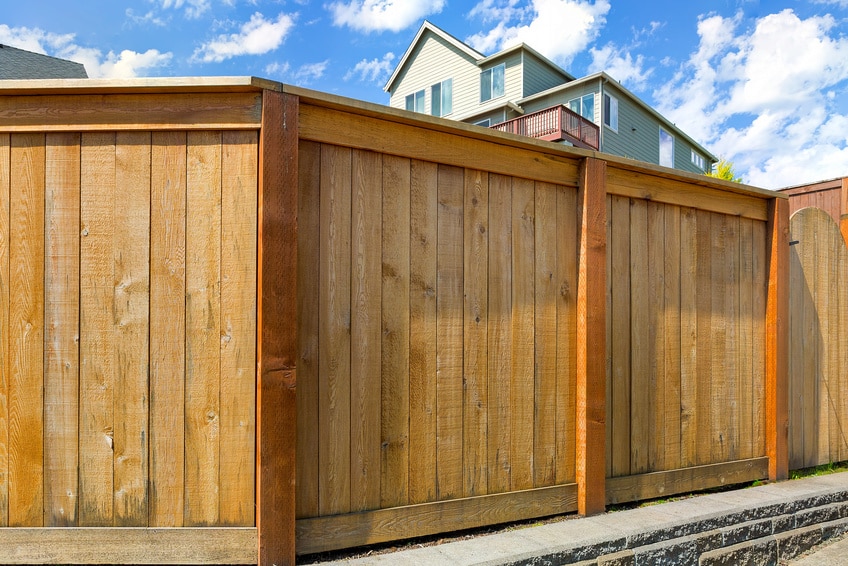4 Frequently Asked Questions About U.S. Residential Fencing

The U.S. fencing industry generates about $51 billion in revenue. If you’re searching for ways to boost your home’s appearance, improve its security, and increase its overall resale value, residential fencing is a great option!
If you want to better understand the fencing industry or learn more about the various types of fencing and the benefits they offer, you’ve come to the right place. Here are some commonly asked questions pertaining to all things fencing:
- Is the U.S. fencing market growing? — Though the industry generates an annual revenue of $51 billion, that isn’t all profit. That being said, the U.S. fencing sector is doing quite well and is projected to continue improving. In fact, the demand for U.S. fencing is expected to gain traction, registering a compound annual growth rate of 5.6%. According to a new report by Grand View Research, Inc., the U.S. fencing market is projected to reach $11.68 billion by 2025.
- What are some of the most popular fencing options? — There are plenty of fencing styles and materials out there that are great for residential properties, but there are three main types that U.S. residents live: wood fences, chain link fences, and decorative ornamental fences. Wood fencing offers a traditional look and is relatively easy to maintain. Chain link fences are affordable and work great for homes with pets. And decorative ornamental fences are perfect for protecting gardens, enhancing curb appeal, and so much more.
- What kind of fencing requires little-to-no maintenance? — Chain link, vinyl, and PVC fences are essentially maintenance-free, provided no physical damage has occurred to its integrity. Similarly, wooden residential fencing requires very little maintenance, aside from staining, painting, and natural finishing.
- Who identifies property lines? — When fences are being installed, residential property lines need to be identified in order to avoid property disputes. It is your responsibility as the homeowner to identify where your fence can be installed. You can have your property surveyed to determine the exact property line, as well.
If you want to learn more about the residential fencing industry and upgrade your property with high-quality fences, give Rio Grande Fence Company a call right away!

Recent Comments